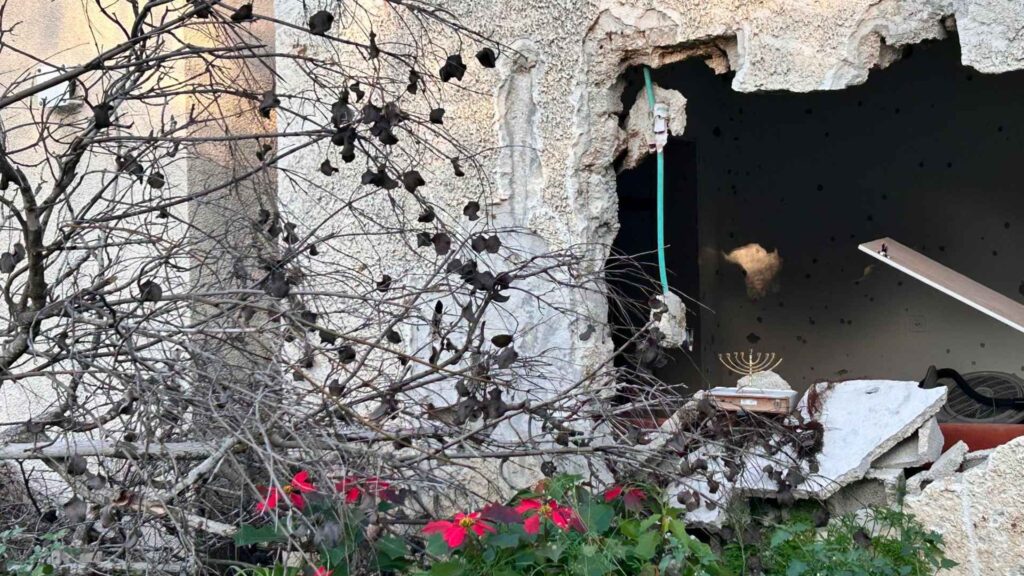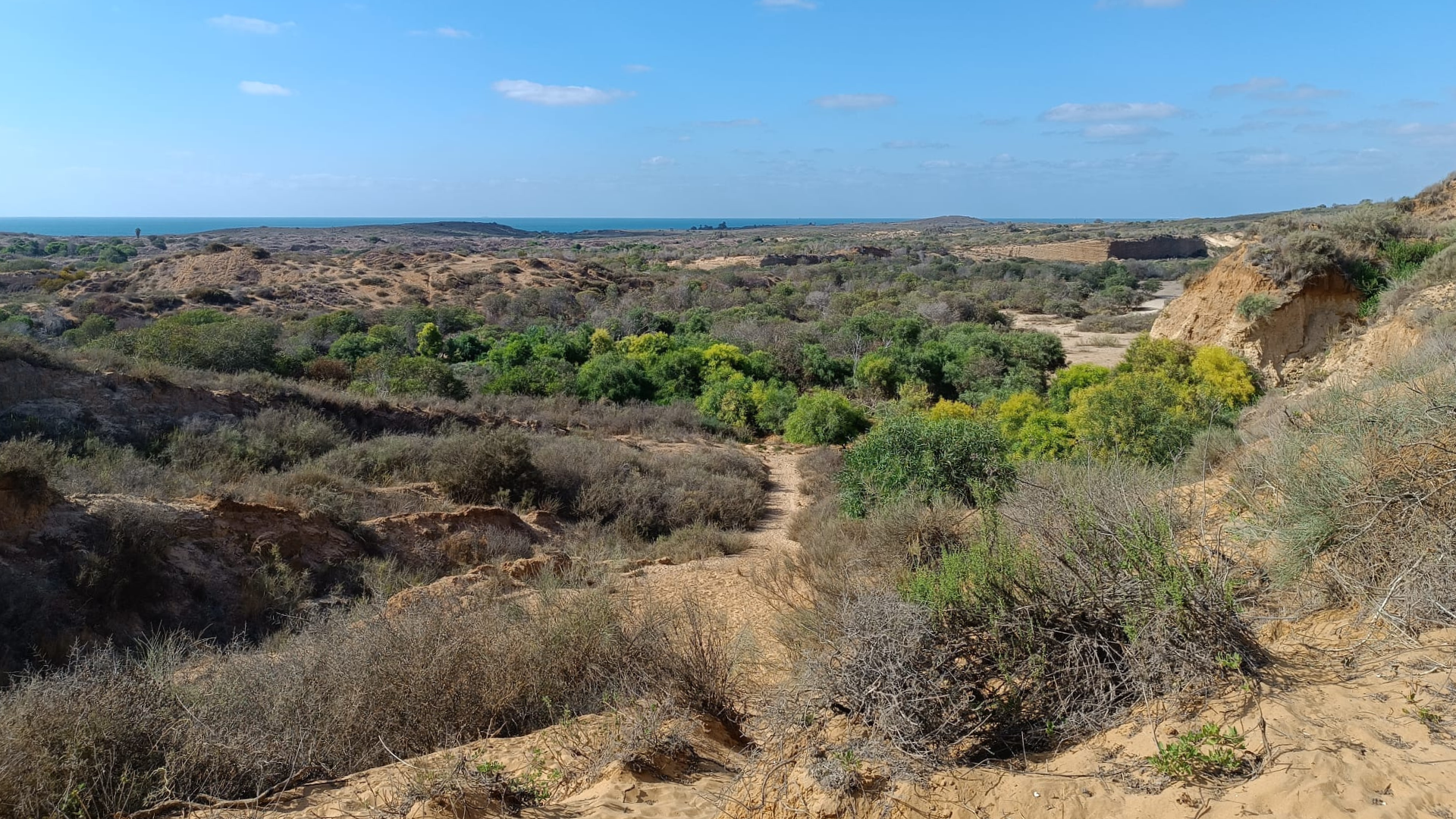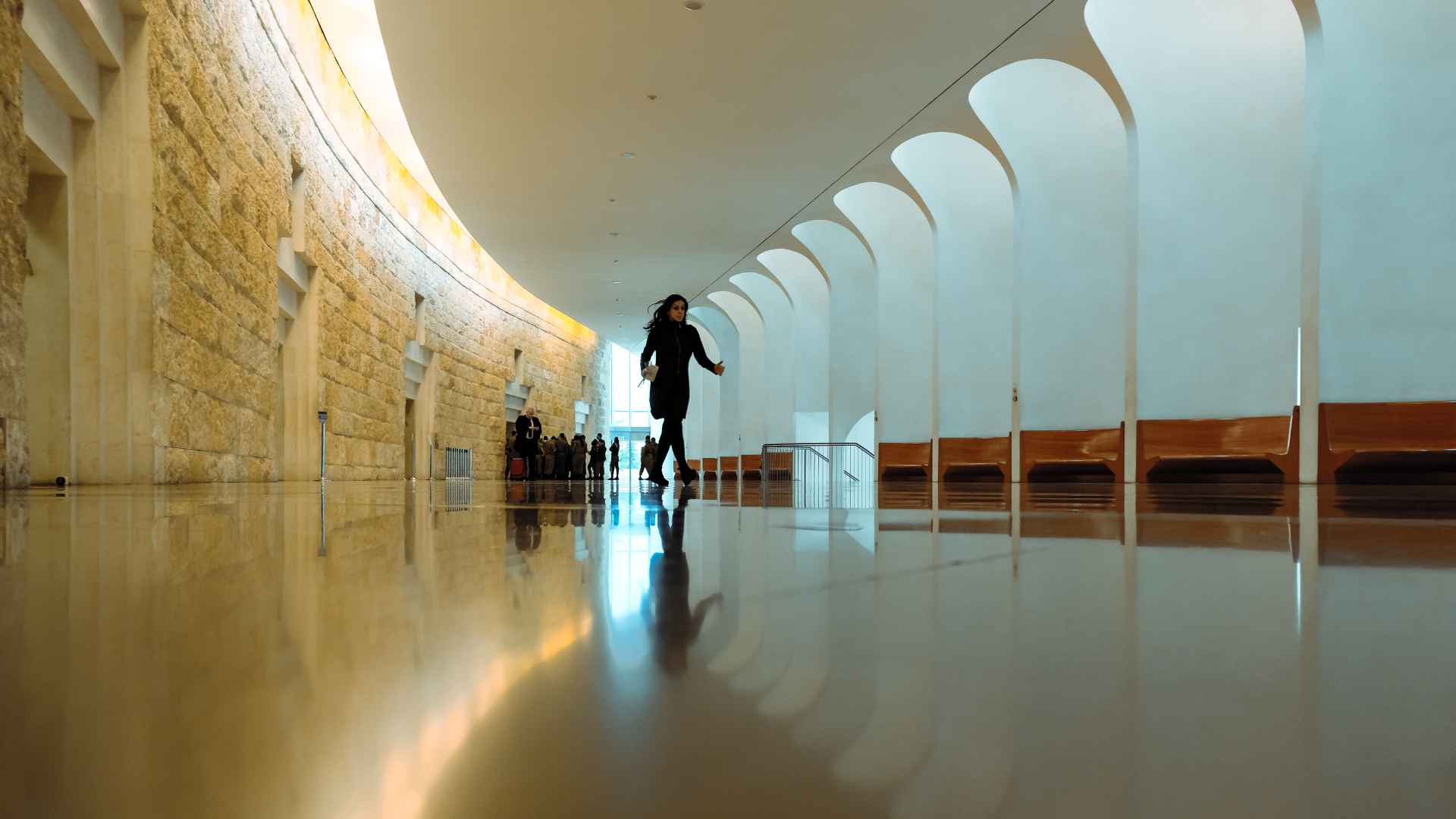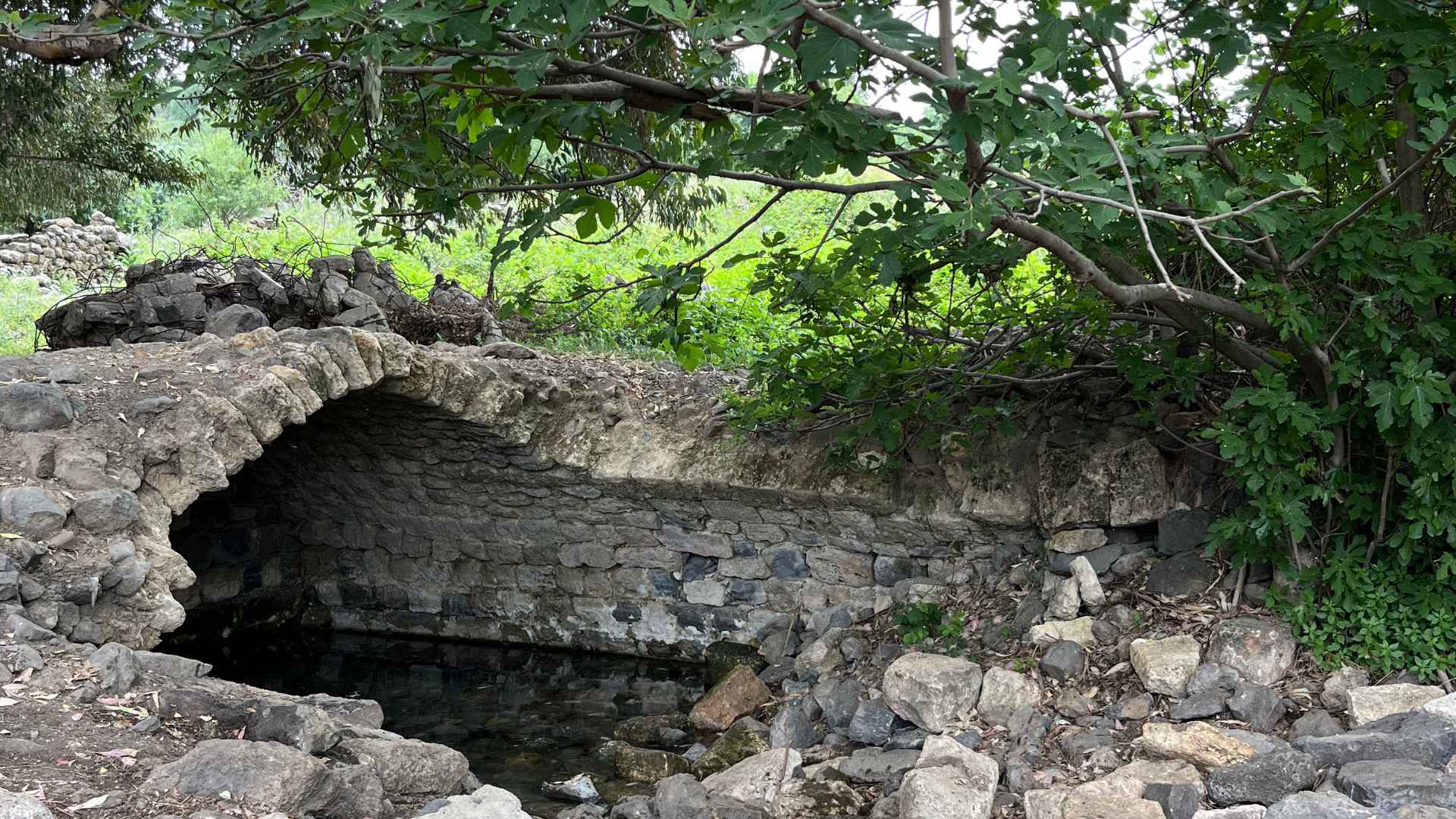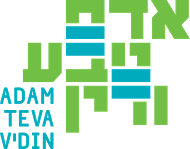The National Planning Authority (NPA), a branch of the Interior Ministry, is a sizeable bureaucracy that manages national and regional development plans. As such, it has a major role in the planning and reconstruction of the Tkuma zone – a massive and unprecedented rebuilding that requires vision, drive, and collaboration among diverse official agencies. Once the Tkuma Directorate releases details of its strategy, we will know more about how the NPA will help or hinder, the national restoration venture.
From our many years of experience serving as public interest representatives on national planning committees and in other procedures as the national environmental watchdog, Adam Teva V’Din believes that the NPA must incorporate the following planning principles and practices in its restoration strategy without delay in order to advance the rehabilitation of the Tkuma area as efficiently as possible.
- Public Participation: All aspects of the Tkuma program that involve rural and urban planning needs must be open to participation of the public, especially the people who have been uprooted and so badly harmed by October 7th and subsequent events. ‘Public participation’ includes the local district council and the municipality of Sderot, and it must be practiced as part of the planning process from Day One of the Tkuma strategy. The NPA has a mixed record on hearing the public’s opinions, but it must involve the target population and their representatives from the outset.
- Infrastructure: Roads, transport, sewage and power infrastructure will demand of the NPA collaboration with the Army and Defense establishment as well as government ministries in order to tackle the repair/replan/rebuild of essential facilities. The NPA must balance existing development plans with major and comprehensive planning of infrastructure in order to build a ‘new’ region in the Western Negev that meets the highest standards. And planners must accelerate planning procedures related especially for greenhouses and other agriculture-related construction.
- Green Building: Ideally, planning officials should promote and remove obstacles to ‘green construction’ because of the environmental and economic benefits in the short and long runs. Green re-building also provides an opportunity for incorporation of climate adaptations measures – in one of Israel’s hottest zones – such as ventilation, natural lighting and efficient management of energy and water resources.
- Quality of Life: From the outset of the Tkuma program, the NPA must demonstrate leadership in order to ensure that new or rebuilt settlements and towns are planned to the highest standard. Particular attention should be made to simplifying planning procedures for public open spaces, ensuring green open spaces and shaded public recreational areas that contribute to public health and quality of life.
